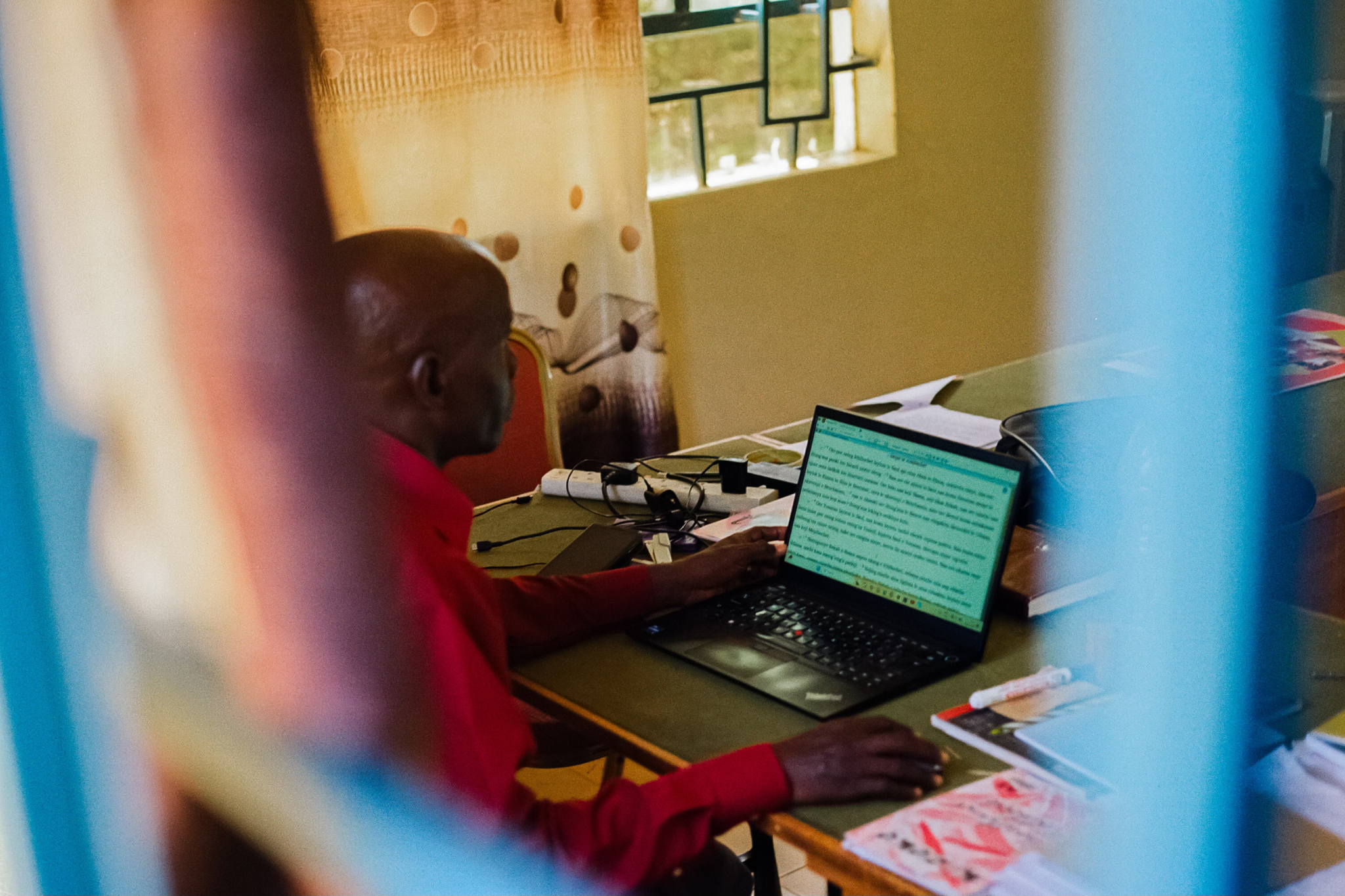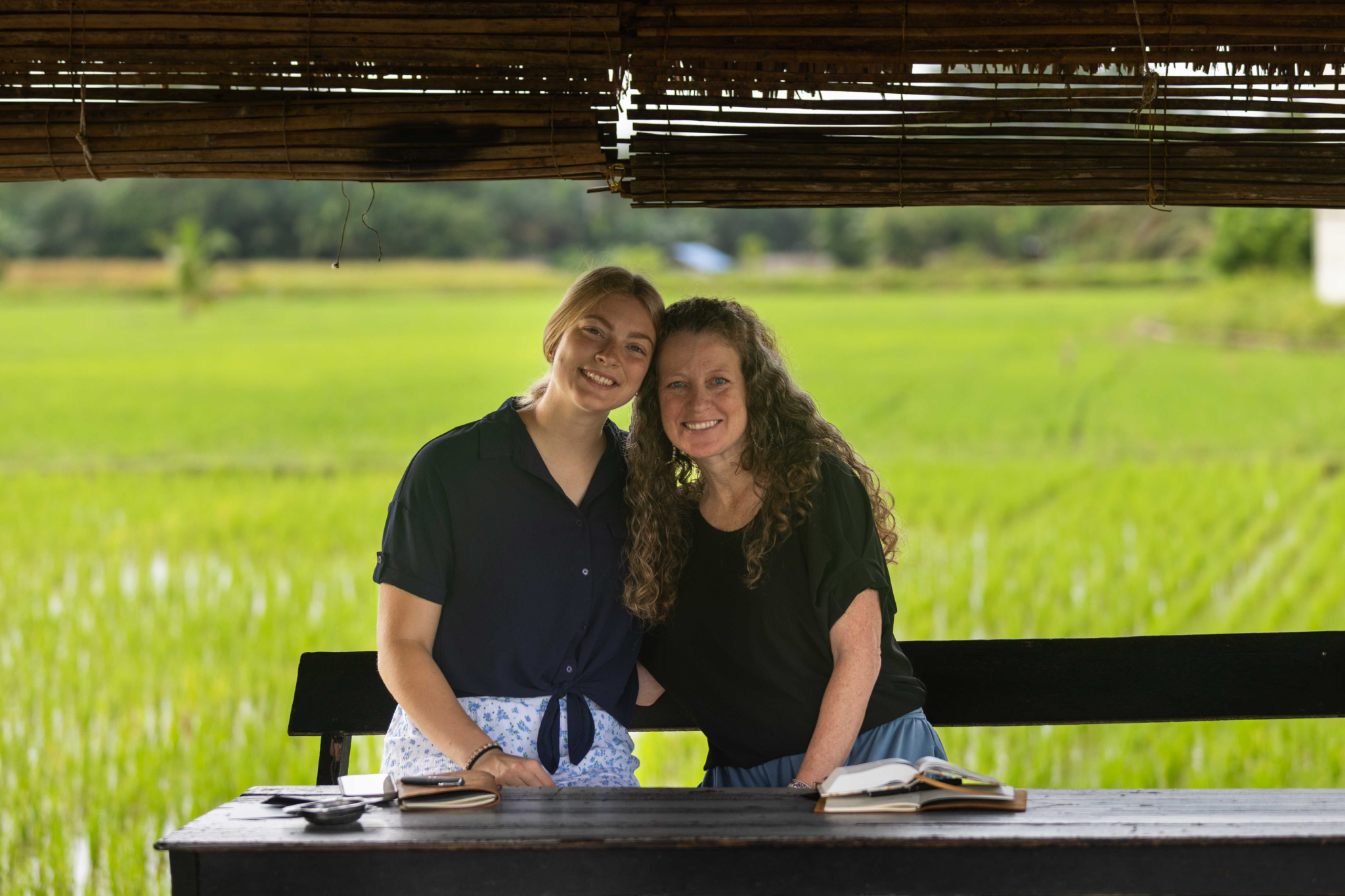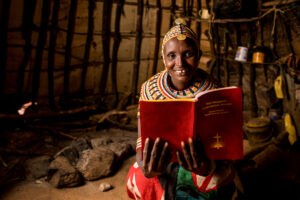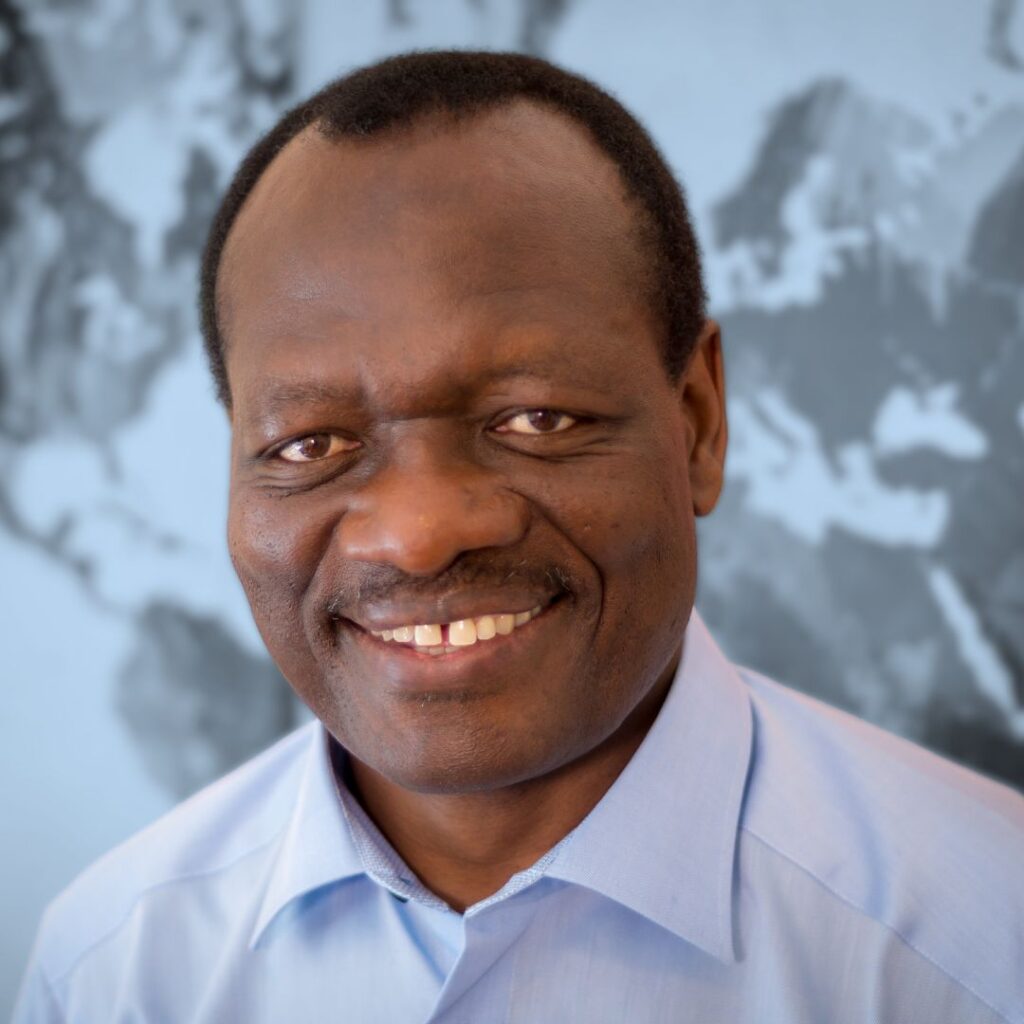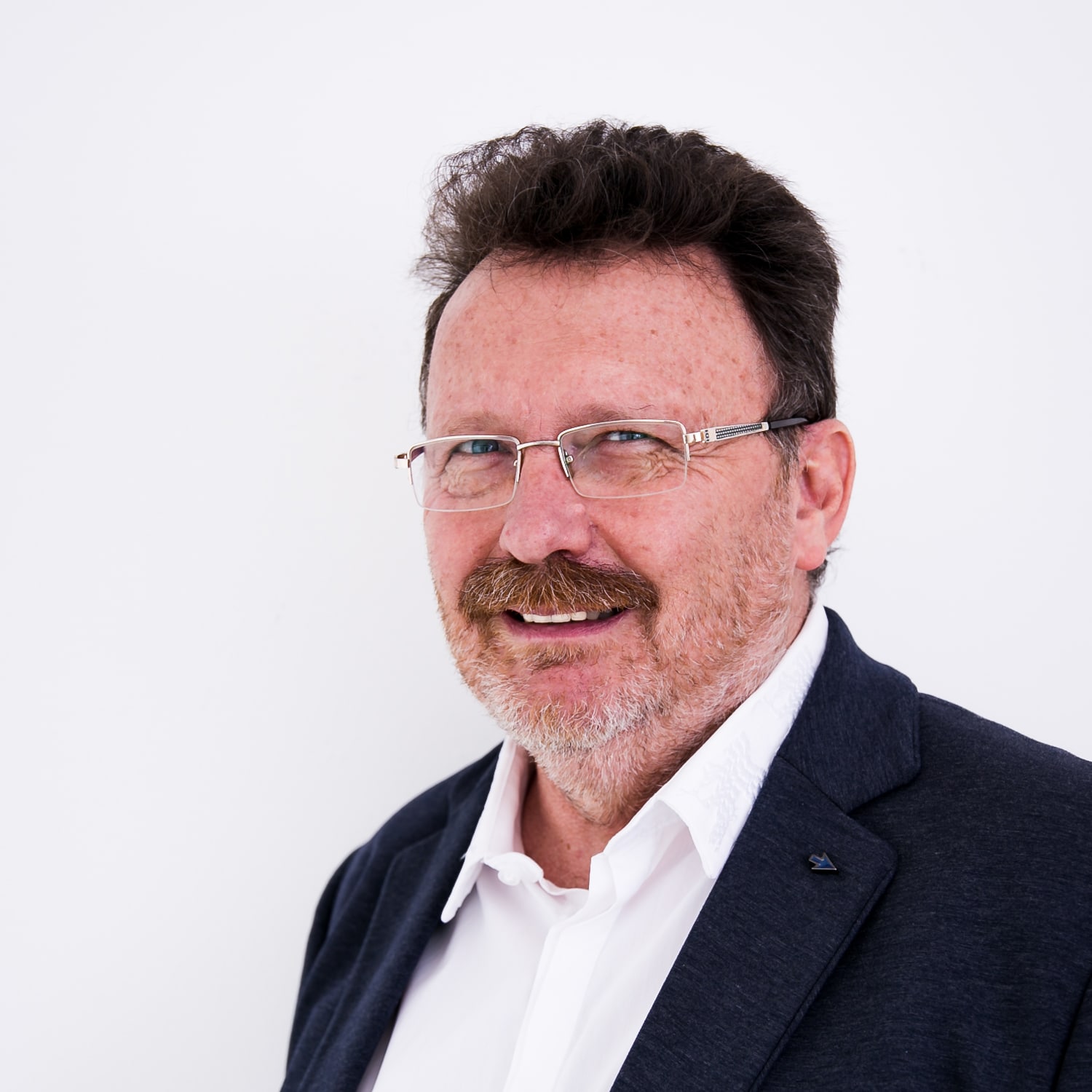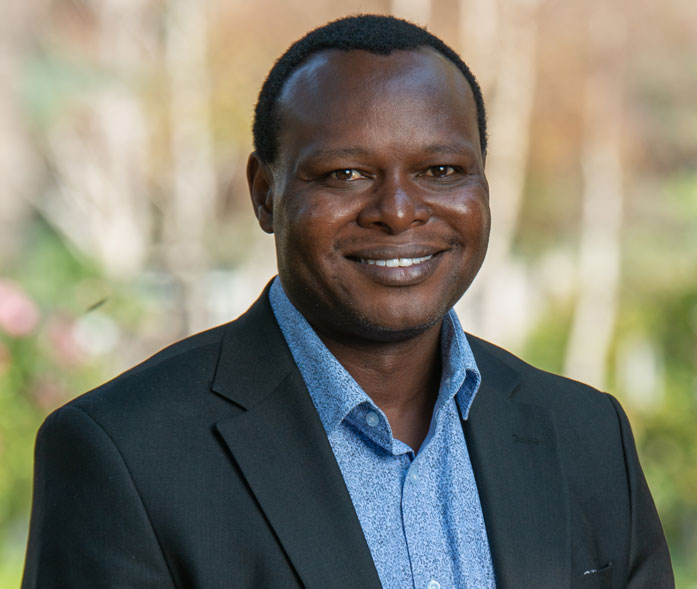Did you know the language you speak affects your perception of the world? Your heart language can influence your ability to orient yourself, the colors you see, and even the events you remember.
So imagine that your language has, for generations, been disparaged. Imagine that the power structures you were born into refused to recognize your language, insisting that it is impure and unfit, suggesting that to speak it at all is evidence of your inferiority as a person. How would such negativity influence your sense of self and understanding of God’s love?
This is the situation Kaaps speakers in South Africa have faced for generations. The language—a creole formed from the collision of Dutch colonists, native African peoples, and enslaved Africans from the other end of the continent—has survived decades of oppression to become part of a deeply artistic culture.
Now, Bible translators are working to bring the Psalms into this language, leveraging the power of poetry and music to plant the Word deeply into the hearts of a people group who have longed for validation of their heritage and identity.
What Is the Psalms Initiative?
Translation is always a tricky process. Often, a word that carries a connotation rich with nuance and meaning simply doesn’t have a suitable counterpart in the destination language. To translate poetry—indeed, song lyrics—such as the Psalms brings a host of additional complications.
While songs in English rely heavily on the use of metered lines and rhyme schemes to provide rhythm and melodic flow, the poets of ancient Israel focused more on parallelism and doublets with repeated meaning conveyed via rearranged words.
The Psalms Initiative, a unique methodology led by translation consultants and Old Testament scholars, has developed a workflow to supplement existing translation efforts in Africa (and eventually the world). The process starts when local church leaders are trained to understand both Hebrew poetry and the contemporary poetry of their own culture.
The goal? To faithfully translate the Psalms while still capturing the emotive and passionate nature of poetry.
Why the Psalms Initiative Works
In Africa, the church values the Psalms highly because music, song, and dance intertwine so completely with the intersection of their culture and faith. Thus, the Psalms Initiative is a high value proposition.
“I recommend and endorse this pilot project. It has a huge potential given the interest of the church.” — Sebastian J. Floor, Translation Consultant
By bringing local poets into the process, the Psalms Initiative has equipped Kaaps speakers in South Africa to develop their own renditions of Psalms that can be used in corporate worship and local outreach initiatives.
Empowering the Disenfranchised through Psalms
The process of undoing damage caused by generations of maltreatment of Kaaps speakers is ongoing. Recent efforts have produced a Kaaps dictionary; poets, writers, illustrators and other artists have begun featuring Kaaps in their work to bring attention to the cultural significance of the language and the people who speak it.
While Kaaps culture has traditionally lacked some of the more formal accouterments of a language, like academic or historical texts, it has never lacked artistry or beauty.
Through poetry and song, the people of Cape Town who speak Kaaps have managed to preserve their language and bring it to life with musical, poetic, and artistic performances. Each January, a vibrant parade of various minstrel clubs mark the celebration of the New Year and the importance of art, music, and dance to the once-enslaved people. In this hotbed of culture, the Psalms translated to Kaaps have been bringing a new kind of life and freedom.
Praises and Prayers
Since the Psalms Initiative began work in 2022, God has worked mightily in Cape Town and the surrounding area where Kaaps speakers live. We ask that you pause with us to thank God and ask for his continued blessings in the ongoing translation efforts.
- Praise God that native speakers have been eager to translate and perform the Psalms in Kaaps.
- The areas in which Kaaps speakers live still suffer from lingering poverty and many of the struggles that come with it, like drug gangs, violence, and other crime. Pray that experiencing God’s Word in the Kaaps language will show Kaaps people how precious they are to God, helping restore them from past wounds and bring justice.
- Pray that the culture will latch onto the power of the Psalms and seek the God who inspired them, allowing the Psalms Initiative to lead the way toward true and full revival.
For anyone whose native tongue has long enjoyed prominence, political legitimacy, and cultural popularity, it can be difficult (if not impossible) to really understand the effect of speaking a heart language that has been purposely thwarted. Learn more about the power of one’s heart language.
Before going on with your day, take a few moments to reflect on the legacy Bible translation leaves for those who discover the joy of worshiping God in their own culture and language.

